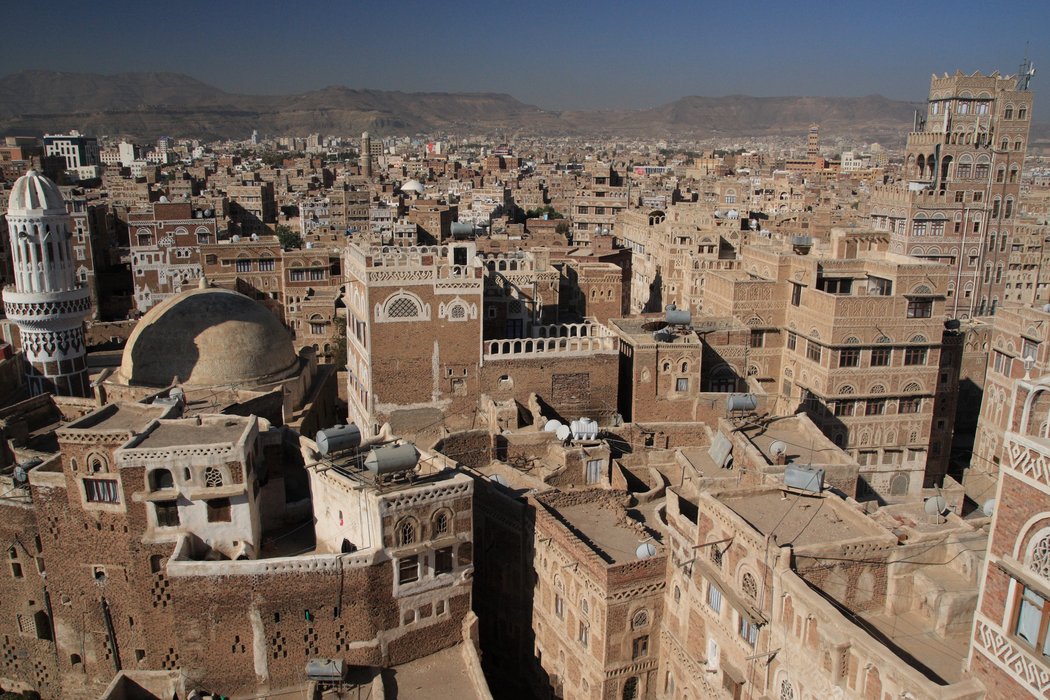
Expression
The Gulf Centre for Human Rights (GCHR) has documented the severe, continuous targeting of journalist Louay Al-Azazi by all parties to the conflict in Yemen in retaliation against his professional journalistic work and his defence of human rights in his country.
After four months of ill-treatment and detention in a narrow solitary cell, Al-Azazi was released on 21st February 2024 after extensive pressure from civil society organisations. Al-Azazi was arrested in Sana’a on 22nd October 2023 by an armed group affiliated with the Houthi group. There was no warrant or judicial order explanation for his arrest. He was initially detained at Bab al-Yemen police station, then transferred to a prison affiliated with the General Directorate of Criminal Investigation, and eventually ended up in a prison affiliated with the Security and Intelligence Service.
Despite his recent release, Al-Azazi’s plight is far from over. The Press and Publications Prosecution has referred him to the Press and Publications Court in Sana’a on a malicious charge of “publishing false news that disturbs civil peace.” His sentencing hearing was due to take place on 20th April 2024.
Al-Azazi is a longstanding target of all parties to the conflict. On 5th July 2021, an armed group affiliated with the Houthi group kidnapped 25-year-old Alexander Al-Najashi from a neighbourhood in the capital, Sana’a due to a financial dispute.
On 28th August 2021, a number of civil society activists, including writers and journalists, in addition to his family, stood in solidarity with Al-Najashi in front of the Sana’a Governorate building, demanding his release. Al-Azazi covered the protest in his professional capacity as a journalist, using his pen and camera. The security forces stationed at the governorate building physically assaulted him, confiscated his pen and camera, and put him in a secret prison in the governorate building as well.
He was not released until 20th September 2021, after some tribal sheikhs sponsored the payment of a large sum of money to the administration of the Capital Security Directorate, and after an order to do so was issued by its director.
Association
In March 2024, Human Rights Watch published a report on restrictions to women’s movement in Yemen, reporting that movement restrictions have affected women across all sectors of Yemeni society. The authorities are barring women from travelling between governorates, and in some cases from travel abroad, without a male guardian’s permission or being accompanied by an immediate male relative. Houthi authorities have drastically expanded restrictions against women’s movement in their territories since taking control of Sana’a, the capital, and much of northern Yemen in the last nine years. Yemeni government forces and STC have restricted women’s movement in the south. Several people interviewed also said that some checkpoint officials specifically targeted women working with nongovernmental organisations as well as humanitarian workers.